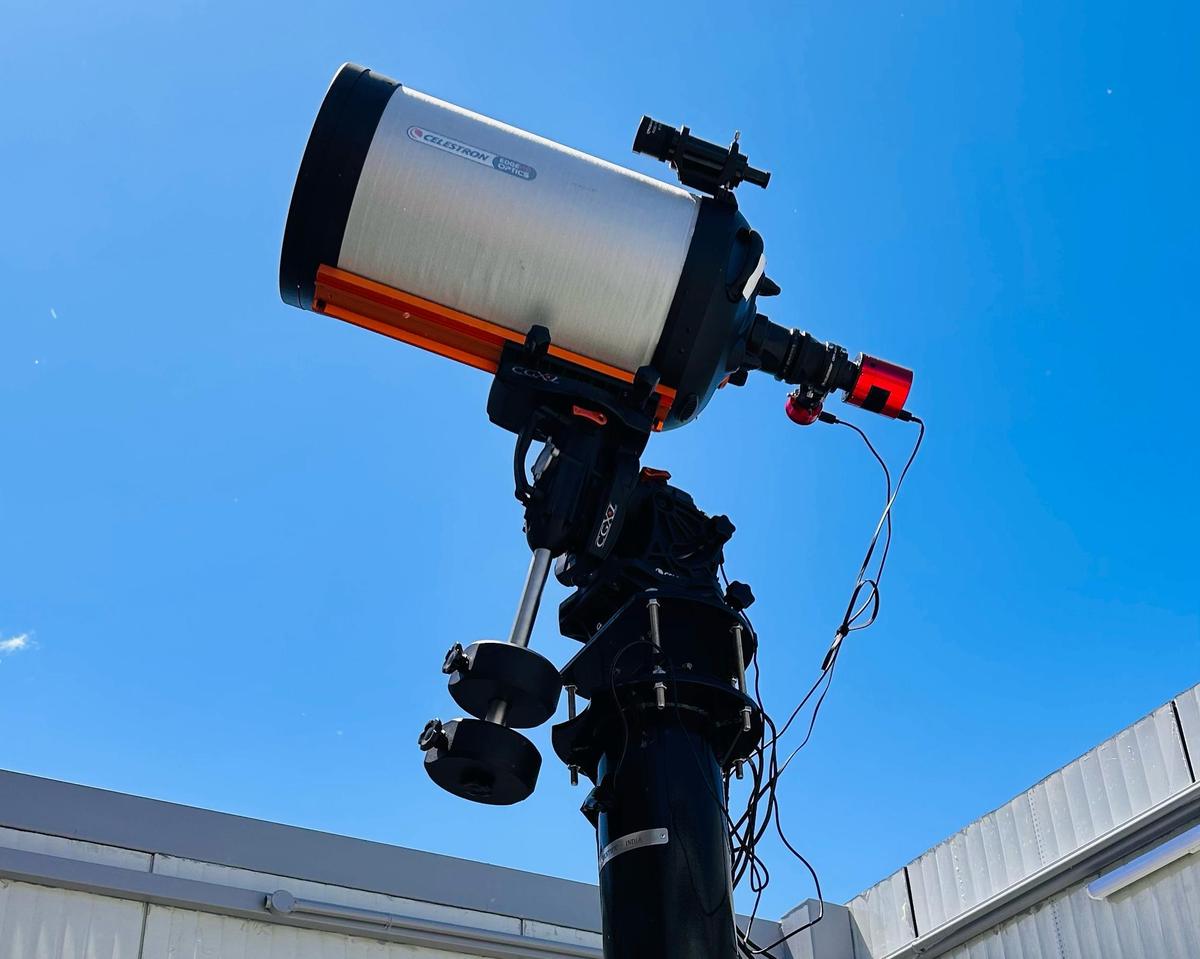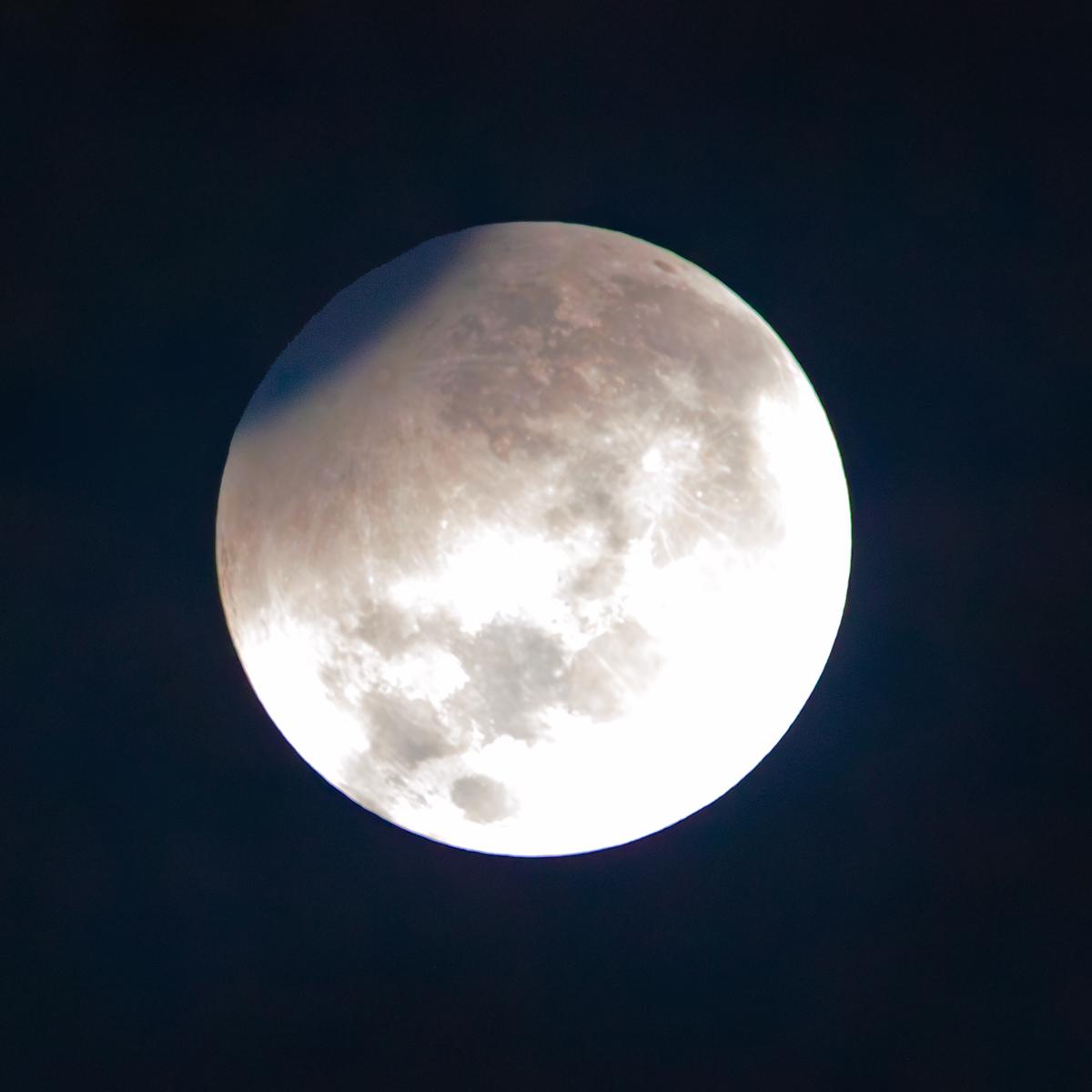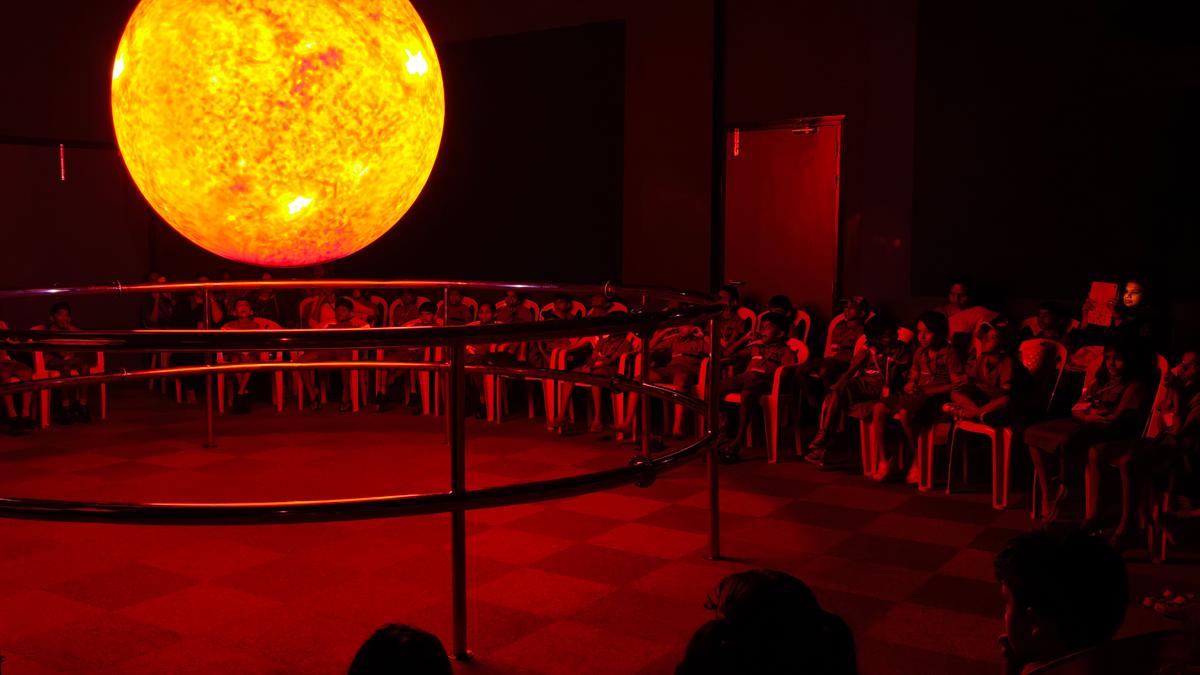What makes lunar eclipses interesting and worth observing? “There’s the whole spectacle itself,” says Obuli Chandran, founder of Mango Education. “The moon that falls in the earth’s shadow acquires a blood red or copper red colour, which is quite a sight to watch, and the causes for the shift in colour have kept scientists guessing.”
Visual appeal aside, there are other uses to studying lunar eclipses, one of them being that astronomers are better able to calculate the speed at which the moon traverses through orbit. Long entrenched in the world of science and astronomy, this phenomenon has been termed positional astronomy. Obuli, however, prefers to call it a game of shadows, this whole game of planetary hide-and-seek.
As stargazers prepare for yet another lunar eclipse — a rarer occurrence than solar eclipses — this weekend, Mango Education is setting up an event wherein the general public can witness the phenomenon in real-time through a telescope, because, as Obuli believes, the study of such phenomena needn’t be the sole domain of scientists and astronomers.
The eclipse is expected to begin at 10pm today
| Photo Credit:
Obuli Chandran & Akshay K Sathish
While the eclipse is expected to begin at 10pm on September 7, the event will kick off two hours prior, with informational sessions lined up so that participants remain well-informed ahead of the eclipse. “A short documentary on the moon will be screened at the museum theatre, followed by a spherical projection of the moon, where participants can learn more about craters on the moon. Alongside these will be various stalls set up by students displaying educational material about the moon,” Obuli added.
Founded in 2019, Mango Education has been holding science-based workshops aimed at children. This time, however, the event is aimed at the general public, and for this reason, Obuli has arranged for around five telescopes. “This will give participants a hands-on experience of something they may have studied theoretically in their classrooms,” he adds.

Another object of study will be the telescope, the instrument that enables this close viewing of an object far away in orbit
| Photo Credit:
Obuli Chandran
Just as important as learning to observe a lunar eclipse is knowing the difference between an eclipse and a half moon, since they resemble each other to the naked eye. “But an eclipsed half moon is markedly different from a regular half moon, so the event will also make this clearer to the participants,” Obuli says.
Eclipses have for centuries held cultural significance, and there are any number of myths surrounding this. Part of the purpose of the workshop will be to differentiate myth from science. A demonstration by a group of students will work on dispelling many of the superstitions surrounding lunar eclipses, among them the dangers of consuming food and venturing outdoors during the period of the eclipse. “However, the approach will not be one of blind rejection of such practices,” Obuli says, adding, “but a detailed explanation through scientific reasoning why they aren’t true.”
Holding an event like this acquires significance in a world that is largely hooked on to screen displays of various sizes. “People have forgotten to look at the sky. An event like this presents a wonderful opportunity not only to appreciate the spectacle and the science that animates this, but also to develop an understanding of our place in the cosmos,” Obuli adds.
Another object of study will be the telescope, the instrument that enables this close viewing of an object far away in orbit, and the science behind the optics that make this possible.

Photographers who wish to capture the event are also encouraged to apply.
| Photo Credit:
Obuli Chandran
Photographers who wish to capture the event are also encouraged to apply. The team at the museum will provide assistance with mounting their equipment, be it a DSLR or phone camera, and create sequential images capturing various phases of the eclipse, Obuli adds.
The event will be held on the intervening night of September 7 and 8, at the newly constructed PSG-GRD Museum of Science and Technology in Neelambur, which is currently being managed by Mango Education. Participants will be charged a fee of ₹200 for entry into the museum, and the event will be held from 8pm to 2am. For registrations, contact: 9952243541.
A sight to behold
Lunar eclipses happen on a full moon day when the moon drifts into Earth’s shadow. A partial lunar eclipse is when the moon is only partially hidden, while in a total lunar eclipse, the moon completely submerges into Earth’s shadow turning red in colour.
Published – September 07, 2025 08:05 pm IST
